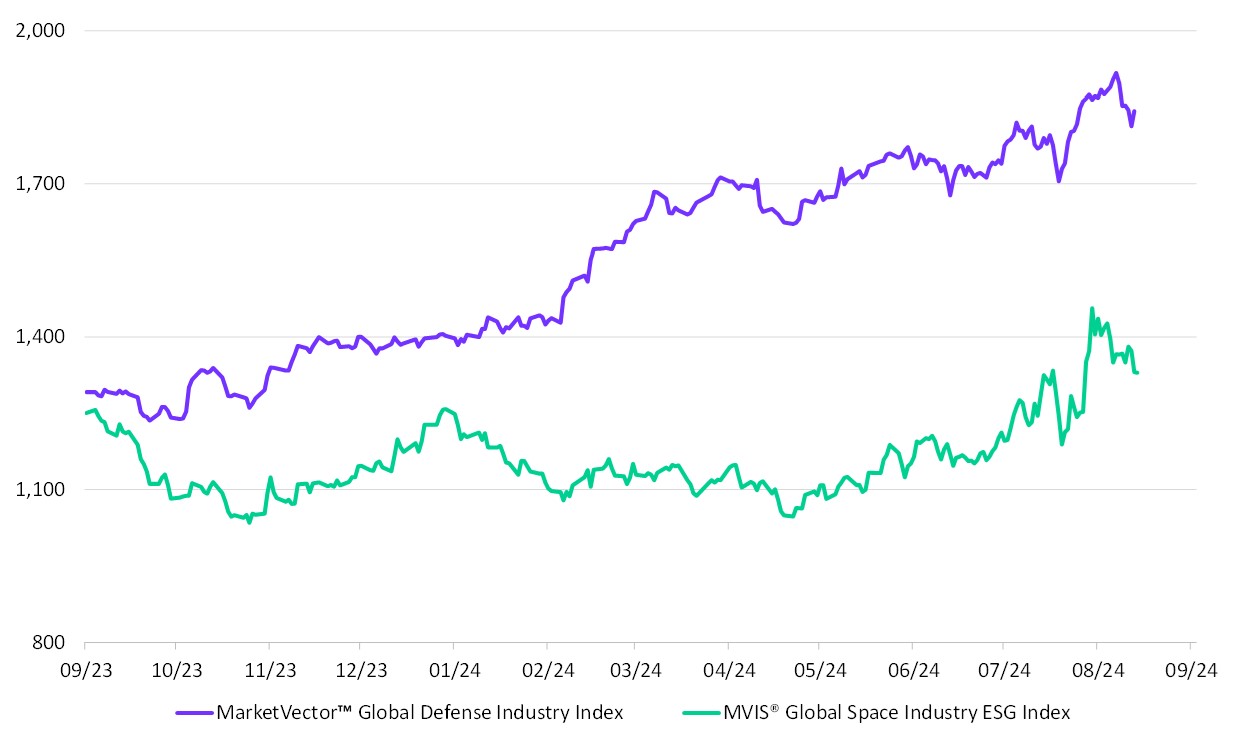The U.S. Space Force is gearing up to field advanced satellites by the early 2030s, with the capability to track both air and ground targets, as part of its initiative to enhance positional awareness from space. However, these advancements come amidst significant space defense budget challenges.
Vice Chief of Space Operations General Michael Guetlein discussed these developments at the 2024 Defense News Conference, emphasizing the integration of ground-moving target indication (GMTI) and air-moving target indication (AMTI) technologies .
Satellite Capabilities and Technological Integration
While the GMTI program has cleared initial development stages, the AMTI initiative remains in early exploration. Guetlein highlighted the need for advanced communication technologies, artificial intelligence, and on-orbit processing to ensure the system’s effectiveness in real time.
These technologies are crucial for identifying and tracking moving targets accurately from space, and their integration will mark a significant leap in defense capabilities. The successful deployment of these technologies could revolutionize how military operations are conducted, offering unparalleled situational awareness and responsiveness.
Despite technological strides, budget constraints present a significant challenge. The Space Force’s current budget of $30 billion in FY25 is insufficient to meet the growing demands for on-orbit support. As Air Force Secretary Frank Kendall pointed out, the budget would need to double or even triple to address these needs fully.
To maximize resources, the Space Force is focusing on critical areas like readiness, satellite communications, and system resilience, while also exploring partnerships with global and domestic commercial entities.
Financial and Industry Implications of the Space Defense Budget
The MarketVectorTM Global Defense Industry Index (MVDEFTR) is up 29.30% year-to-date, while the MVIS® Global Space Industry ESG Index (MVSPCTR) index is up 6.59% in the same timeframe. It is evident that the need for rapid industry developments has paved the way for strategic initiatives in the form of budgeting and logistical reform.
As the Space Force pushes forward with its advanced satellite programs, navigating the space defense budget challenges will be crucial to sustaining these technological advancements. Balancing innovation with financial constraints will determine the success of these strategic initiatives.
MarketVectorTM Global Defense Industry Index and MVIS® Global Space Industry ESG Index

Source: MarketVector. Data as of September 9, 2024.
For more information on our family of indexes, visit www.marketvector.com.
Get the latest news & insights from MarketVector
Get the newsletterRelated:




